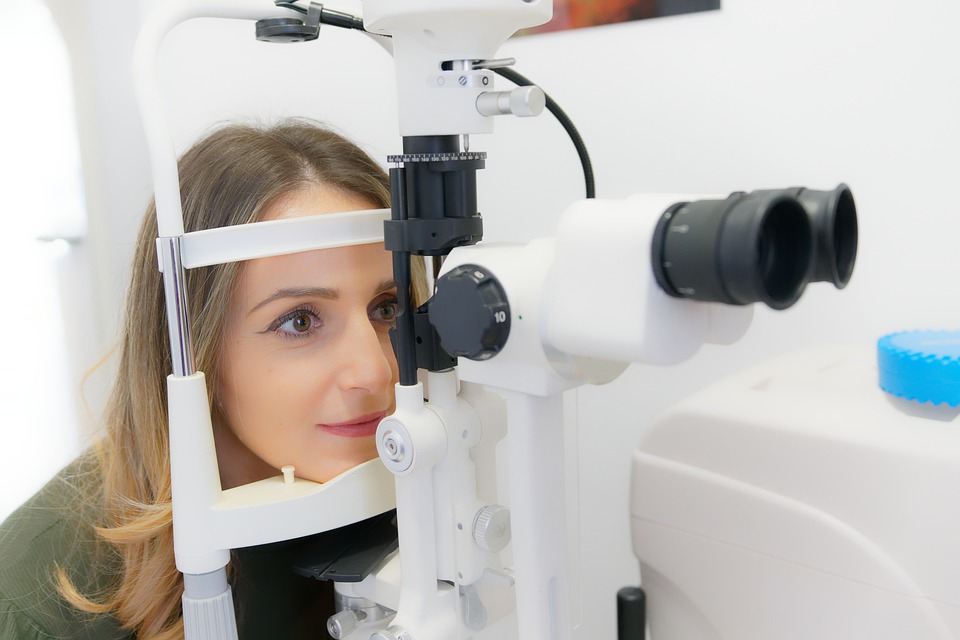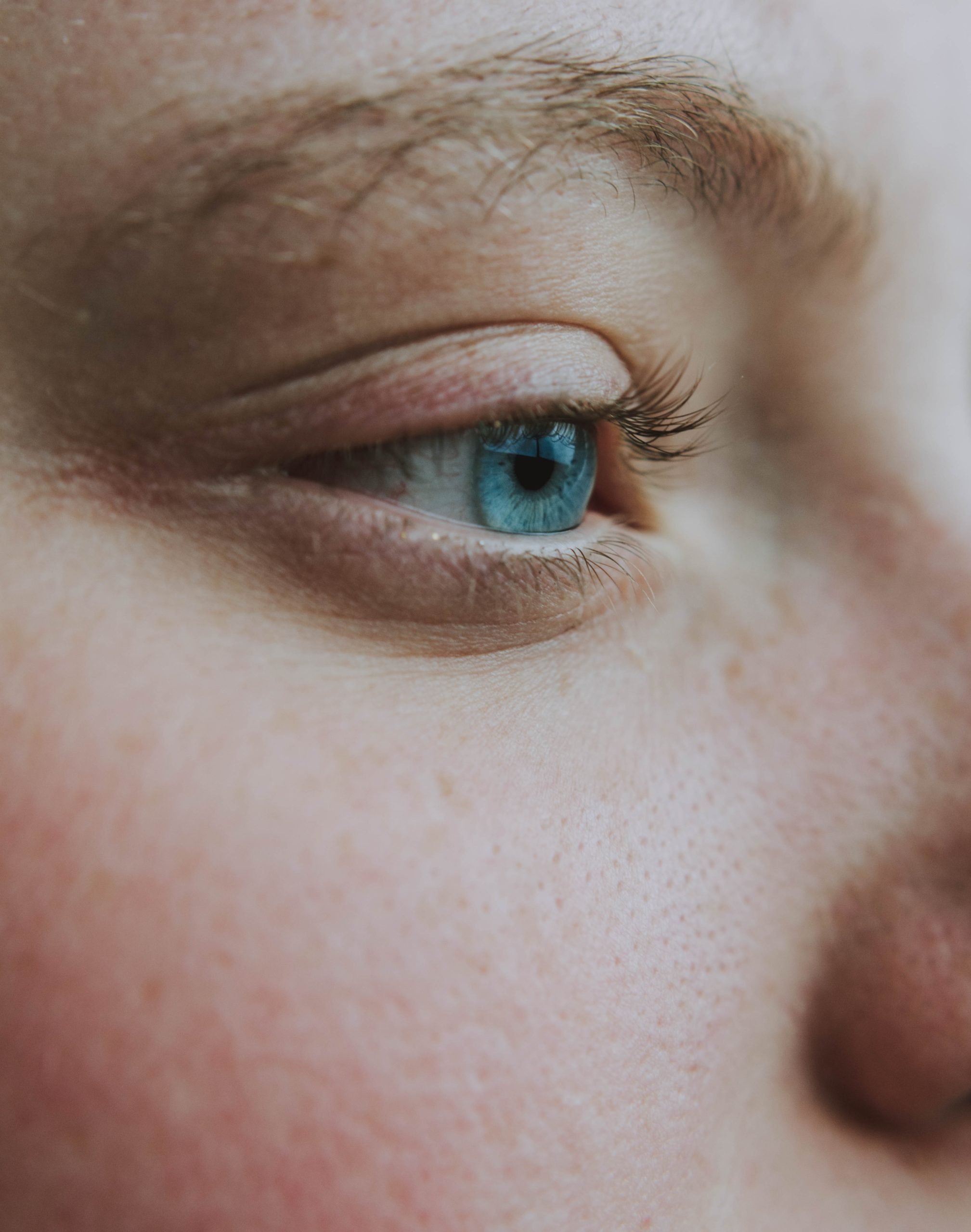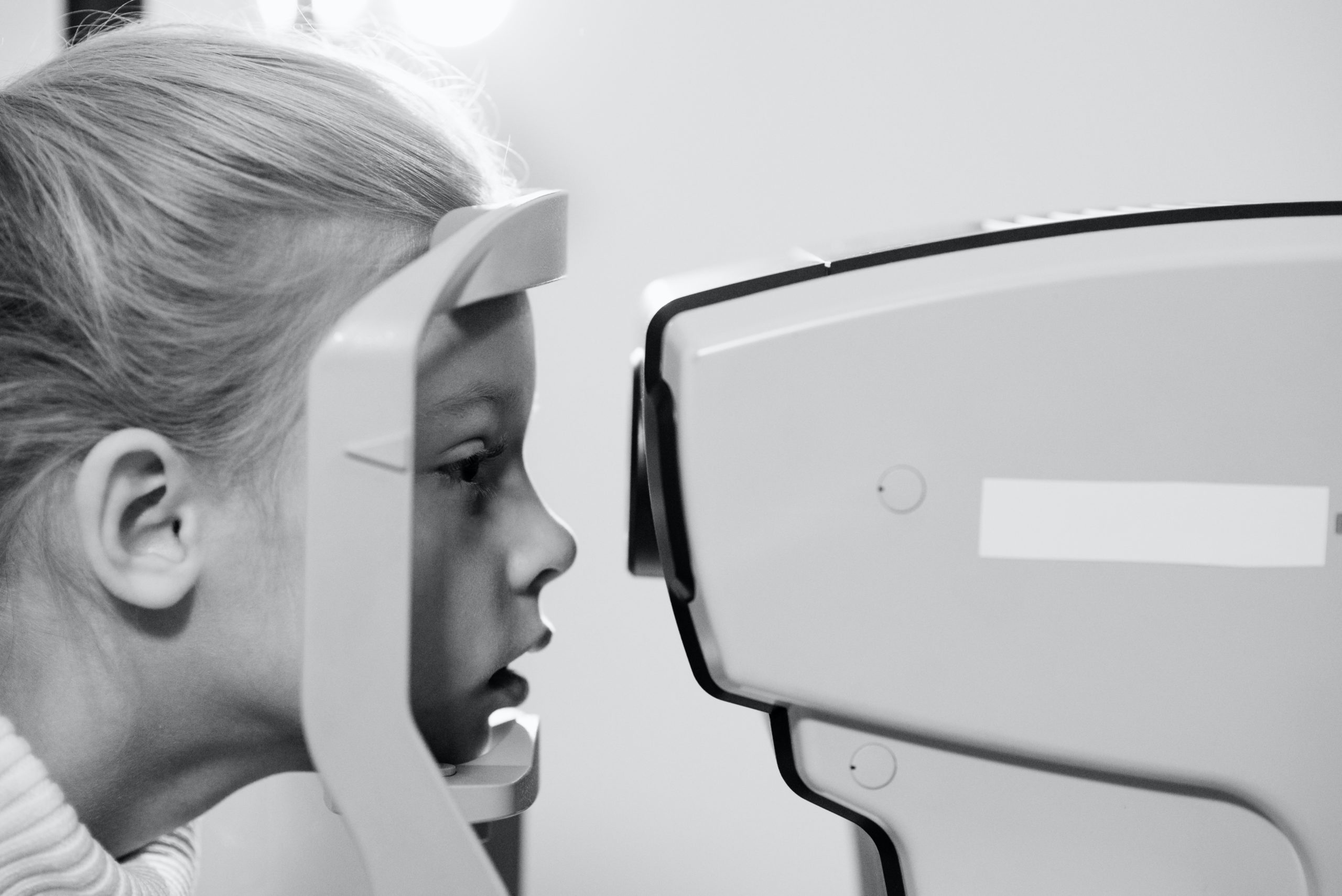Does Too Much Reading Hurt Your Eyes?
Many students revising and study all important topics only a day or two before an upcoming exam. While cramming may help pass the exams, hours and hours of reading, studying, and research can hurt your eyes.
Whether you are studying, working, or constantly reading on your digital screen throughout the day, it can become a health concern. Visual fatigue is not something that you or anyone else should take lightly. Even if you are not a student but love reading, especially on a smartphone/laptop, you can develop eye-related issues. It is the result of spending hours in front of a digital screen with minimal movement, breaks, and rest. Here’s how reading too much can hurt your eyes.
What is Digital Eye Fatigue?
One of the first things that you should know is that if you experience any sudden changes or impairment in your vision in the form of redness, pain, blindness, or blurry vision, you should immediately seek medical attention.
Sitting in front of a digital screen that emits blue light and other similar sources of energy can be debilitating to your eye health. Whether you are reading or just irregularly scrolling through a social media site, the persistent exposure will result in severe eye strains, which affect your vision. Since these eye strains are not due to reading a book in dim light but a digital screen, experts refer to it as digital eye strain, visual eye fatigue, or digital eye fatigue.
Other Symptoms of Digital Eye Fatigue
Furthermore, these are not the only symptoms that can occur due to prolonged exposure to a computer, smartphone, tablet, or other digital devices. You can experience pain in different parts of your body, including the neck, back, and face, due to poor sitting posture. Headaches, stress, and vision syndrome can occur as well.
Apart from that, due to the low blinking rate when using digital screens, you may also experience dry eyes. Getting in touch with the right professional, i.e., an expert optometrist, can help in early treatment and reducing the symptoms.
Ways to Reduce Digital Eye Fatigue
We have compiled a list of useful tips and tricks to help you maintain your eye health while minimizing the risk of symptoms due to prolonged exposure. Altogether, the tips below are useful, and you can easily adopt them.
Keep blinking when you are in front of a digital device. If you plan to work or study for hours, make sure to blink as much as you can to avoid dry eyes.
Experts and optometrists suggest the 20/20/20 rule as an effective eye health regimen. You can try to look towards something that is 20 feet away. Do this for 20 seconds every 20 minutes when sitting in front of a screen. Hence, the 20/20/20 rule.
Adjust your chair and the position of the digital device you are using appropriately to alleviate the neck, shoulder, and back pain if possible.
Conclusion
You should look for the right optometrist to help you with your eye health. You can imagine how difficult your daily routine, job, and task can become with blurry vision or poor eyesight. Hence, you should seek only the best optometry services from the most qualified professional.
Dr. Brian R. Whitney at Dr. Brian R. Whitney Optometrist can help you with your eye-related issues. Give us a call at (435) 586-9949 to schedule an appointment today. Visit our website to learn more about our optometry services.
Reference Links:
http://preventblindness.org/wp-content/uploads/2011/04/FS20_CommonEyeMyths_0.pdf
https://www.abc.net.au/health/features/stories/2014/10/23/4113106.htm
https://www.aoa.org/healthy-eyes/eye-and-vision-conditions/computer-vision-syndrome?sso=y






